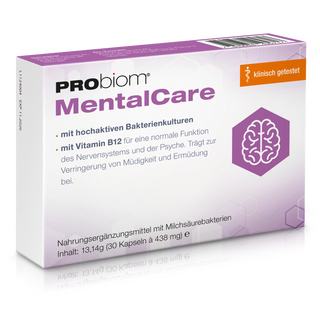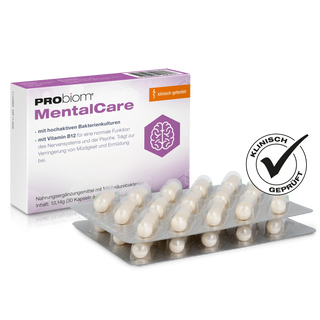Antibiotics are among the most significant medical advances of the 20th century. They have saved millions of lives and made once-deadly infectious diseases treatable. However, despite their undeniable benefits, antibiotics also have significant drawbacks. Their overuse or misuse can have serious impacts on the human body, the microbiome, and the environment. In this article, we take a detailed look at the harmful effects of antibiotics and possible solutions for more responsible use.
1. Effects on the microbiome
The human microbiome consists of trillions of microorganisms that colonize our bodies and are essential for numerous biological processes. Antibiotics attack not only pathogenic bacteria but also the beneficial microorganisms that are important for our health.
1.1 Destruction of the intestinal flora
A healthy gut depends on a balanced bacterial community. Antibiotics can disrupt this balance by destroying large portions of the beneficial bacteria. This can lead to:
-
Digestive problems such as diarrhea, flatulence and constipation
-
contribute to an increased susceptibility to intestinal infections
-
promote inflammatory bowel diseases such as Crohn's disease or ulcerative colitis
1.2 Increased risk of fungal infections
An imbalance in the microbiome can cause fungi like Candida albicans to take over due to the lack of natural bacterial counteractants. This can lead to persistent fungal infections in the mouth, intestines, or genital area.
1.3 Effects on the immune system
A healthy microbiome is crucial for immune system function. Antibiotics can weaken the immune system by reducing the diversity of beneficial bacteria. This increases the risk of allergies, autoimmune diseases, and infections.
2. Resistance development and superbugs
The excessive and inappropriate use of antibiotics has led to the development of antibiotic-resistant bacteria. These so-called "superbugs" are difficult or even impossible to treat with conventional antibiotics.
2.1 Emergence and spread of resistance
Bacteria have the ability to adapt to antibiotics through genetic modification. This occurs through:
-
Mutation: Spontaneous genetic changes can make some bacteria resistant.
-
Horizontal gene transfer: Resistant bacteria can transfer their resistance genes to other bacteria, even those of other species.
2.2 Risk to public health
The increasing development of resistance poses a serious threat to public health. Diseases that were once easily treatable can once again become life-threatening. Particularly problematic are hospital-acquired pathogens such as MRSA (Methicillin-resistant Staphylococcus aureus), which can often only be combated with extremely powerful or experimental drugs.
3. Harmful effects on the body
Antibiotics can cause a variety of side effects, from minor discomfort to serious health problems.
3.1 Allergic reactions
Many people have allergic reactions to certain antibiotics. Symptoms can include skin rashes, itching, difficulty breathing, or even anaphylactic shock.
3.2 Damage to organs
Some antibiotics can have toxic effects on organs, particularly:
-
Liver: Antibiotics such as tetracyclines or erythromycin can cause liver damage.
-
Kidneys: Medications such as aminoglycosides can impair kidney function.
-
Brain and nervous system: Some antibiotics are suspected of causing neurological side effects such as dizziness, confusion, or seizures.
4. Impact on the environment
The use of antibiotics not only has consequences for the human body, but also for the environment. Large quantities of antibiotics enter soil and waterways through human and animal excreta.
4.1 Antibiotics in agriculture
In factory farming, antibiotics are often used preventively to promote animal growth and prevent disease. This contributes significantly to the spread of resistant germs.
4.2 Pollution of water bodies
Antibiotic residues enter rivers and lakes via wastewater, where they disrupt the ecological balance and contribute to the development of resistance in environmental bacteria.
5. Solutions and alternatives
5.1 More conscious antibiotic dispensing
-
Doctors should only prescribe antibiotics when they are absolutely necessary.
-
Patients should not stop taking antibiotics on their own or save them for future infections.
5.2 Promotion of alternative treatment methods
-
Phytotherapy: Herbal remedies such as bearberry leaves, propolis, or Manuka honey can help with mild infections.
-
Probiotics: The targeted intake of probiotic foods can regenerate the microbiome more quickly after antibiotic treatment.
-
Vaccinations: Preventive vaccinations can help prevent bacterial infections and thus reduce the use of antibiotics.
Conclusion
Antibiotics are undoubtedly a valuable medical tool, but their misuse and side effects can cause significant harm. To maintain the effectiveness of antibiotics and protect our health and the environment, conscious and responsible use of these drugs is necessary. Promoting alternative treatments and the sparing use of antibiotics are crucial steps in addressing this global challenge.


















